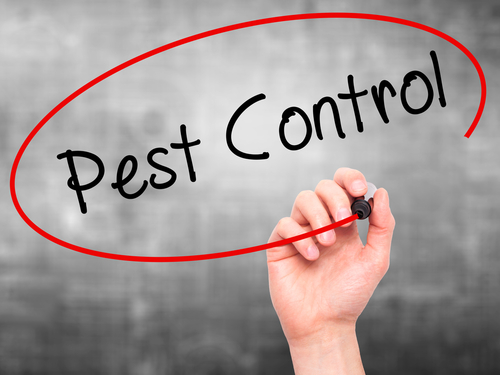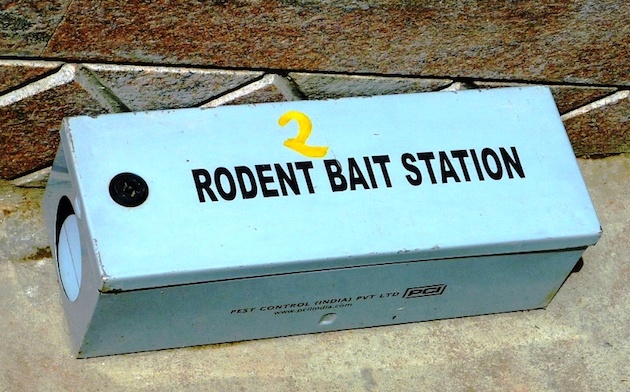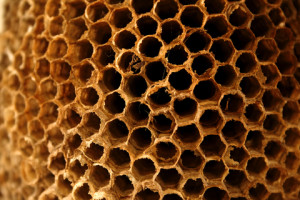There is nothing worse in life than finding a pest infestation in your home or business. Pests are disgusting to have around, and they can actually do a lot of damage to your property as well. We are very lucky to have so many different types of pest control available to us in the UK. Our homes and businesses don’t have to suffer from pest infestations for very long.
There are many types of pest control that work in a variety of ways, depending on the kind of infestation you are experiencing. In this post, we are going to look at 3 of the most common types of pest control used in the UK.

Physical Pest Control Methods
Physical pest control relies on the use of equipment and pest proofing. Most physical pest control methods should be carried out by an experienced and qualified pest controller. Some physical methods exterminate pests, or remove them. Other methods focus on more on prevention.
Pest proofing
Pest proofing involves keeping pests out of your home or garden by creating a barrier to entry. It can also include eliminating their nests. By taking away a pest’s breeding ground, we can stop infestations from developing. It will also stop any current infestation from getting worse.
Setting traps
Traps and bait stations are the most common of all the physical pest control methods. Traps are a great method for capturing small animals like rodents and insects. If you want traps to work effectively, they have to be checked regularly and any pests removed.

Temperature Control
Extremes of temperature, both hot and cold can control pests. For example, heat treatment will kill bed bug adults, eggs and larvae at certain temperatures. On the other end of the scale, placing grown produce in cold storage containers slows down or eliminates the growth of insects.
Biological Pest Control Methods
The most natural types of pest control would involve going down the biological route. This type of pest control doesn’t use any sort of pesticides or chemicals. Instead it uses nature to fight off pest infestations. The usual way of practicing of this type of pest control, is to introduce natural predators into the environment.
Insect predators
Using natural predators has been a well-known and well-established way of dealing with pests on crops and in gardens. These types of pest control are still being used today, which shows just how effective it is. A great example of using natural predators is using ladybirds to control aphids.
Using animals
Dogs, cats and even ferrets can be used for pest control. Terrier dogs are natural hunters, and some types of terrier are bred specifically for killing rats. Cats are also natural predators of small rodents. Ferrets are less common in the UK, but some farmers use them to go down holes and chase out rabbits and moles from their burrows.

Microorganisms
Unlike natural predators, using microorganisms is more of a preventative approach towards pest control. Microorganisms help to protect the plant by stopping pests and other harmful materials from developing.
Chemical Pest Control Methods
The most well-known way of controlling pests is by using pesticides and rodenticides. Chemical types of pest control have been seen as reliable, and tackle a large portion of the pest population. Empire only use chemicals when it is unavoidable. We use pesticides in certain circumstances where no other method will work.
Poisons baits
Poison baits are mainly used in conjunction with some physical methods of controlling pests, such as traps. Many poisons used in pest control are in the form of gel or in pellets. Poisons are intended to be eaten by the pest, and whatever isn’t eaten gets taken back to the nest to cull the population at source.
Insecticides
These chemicals specifically target and kill insects. They come in the form of sprays and granules, and should, ideally, be carefully handled with care. The granule form of insecticides are aimed at treating garden pests such as slugs and snails. The spray form can help control aphids, and prays are also still used on non-organic crops. As mentioned in the previous section, biological types of pest control can be used instead. They are better for the environment.

Rodenticides
Rodenticides are a very lethal type of pesticide. They are incredibly strong and are used in the treatment of rodents. They should be handled by a qualified pest technician. A lot of pest controllers don’t use rodenticides any longer because of the danger level involved to wildlife. Other green and family friendly options are available.
Comparing Types Of Pest Control
No matter what kind of pest control we will be carrying out for your infestation, you must always weigh up the pros and cons of each treatment.
Using physical or biological techniques to control pests means you won’t be exposed to potentially damaging chemicals. It’s an environmentally friendly way of treating pests. However it can be difficult to get rid of all pests in a natural way.
Chemicals are a cheaper way of getting rid of pests. They are considered to be more reliable than the natural method, and are generally fast acting. However, more and more insects are developing a resistance to pesticides, and the toxicity can be harmful.
You can talk to our pest control professionals about all types of pest control, and find out more about your options. We can help you in selecting the right method for you, your family or business, and the environment.






